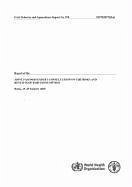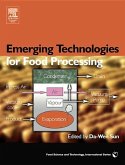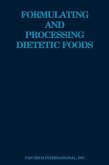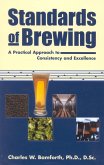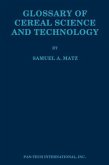The Food and Agriculture Organization of the United Nations and the World Health Organization convened a Joint Expert Consultation on the Risks and Benefits of Fish Consumption from 25 to 29 January 2010. The tasks of the Expert Consultation were to review data on levels of nutrients (long-chain omega-3 fatty acids) and specific chemical contaminants (methylmercury and dioxins) in a range of fish species and to compare the health benefits of fish consumption and nutrient intake with the health risks associated with contaminants present in fish. The Expert Consultation drew a number of conclusions regarding the health benefits and health risks associated with fish consumption and recommended a series of steps that Member States should take to better assess and manage the risks and benefits of fish consumption and more effectively communicate these risks and benefits to their citizens. The output of the Expert Consultation is a framework for assessing the net health benefits or risks of fish consumption that will provide guidance to national food safety authorities and the Codex Alimentarius Commission in their work on managing risks, taking into account the existing data on the benefits of eating fish. The Expert Consultation concluded the following: Consumption of fish provides energy, protein and a range of other important nutrients, including the long-chain n-3 polyunsaturated fatty acids (LCn3PUFAs). Eating fish is part of the cultural traditions of many peoples. In some populations, fish is a major source of food and essential nutrients. Among the general adult population, consumption of fish, particularly fatty fish, lowers the risk of mortality from coronary heart disease. There is an absence of probable or convincing evidence of risk of coronary heart disease associated with methylmercury. Potential cancer risks associated with dioxins are well below established coronary heart disease benefits from fish consumption. When comparing the benefits of LCn3PUFAs with the risks of methylmercury among women of childbearing age, maternal fish consumption lowers the risk of suboptimal neurodevelopment in their offspring compared with the offspring of women not eating fish in most circumstances evaluated. At levels of maternal exposure to dioxins (from fish and other dietary sources) that do not exceed the provisional tolerable monthly intake (PTMI) of 70 pg/kg body weight established by JECFA (for PCDDs, PCDFs and coplanar PCBs), neurodevelopmental risk for the fetus is negligible. At levels of maternal exposure to dioxins (from fish and other dietary sources) that exceed the PTMI, neurodevelopmental risk for the fetus may no longer be negligible. Among infants, young children and adolescents, the available data are currently insufficient to derive a quantitative framework of the health risks and health benefits of eating fish. However, healthy dietary patterns that include fish consumption and are established early in life influence dietary habits and health during adult life.
Hinweis: Dieser Artikel kann nur an eine deutsche Lieferadresse ausgeliefert werden.
Hinweis: Dieser Artikel kann nur an eine deutsche Lieferadresse ausgeliefert werden.

